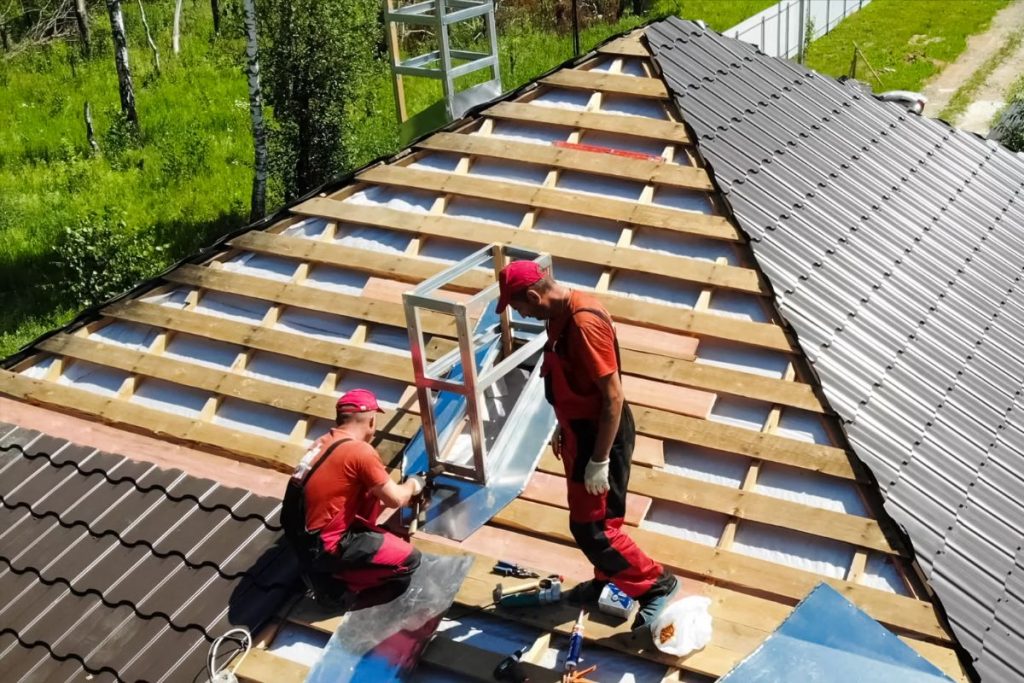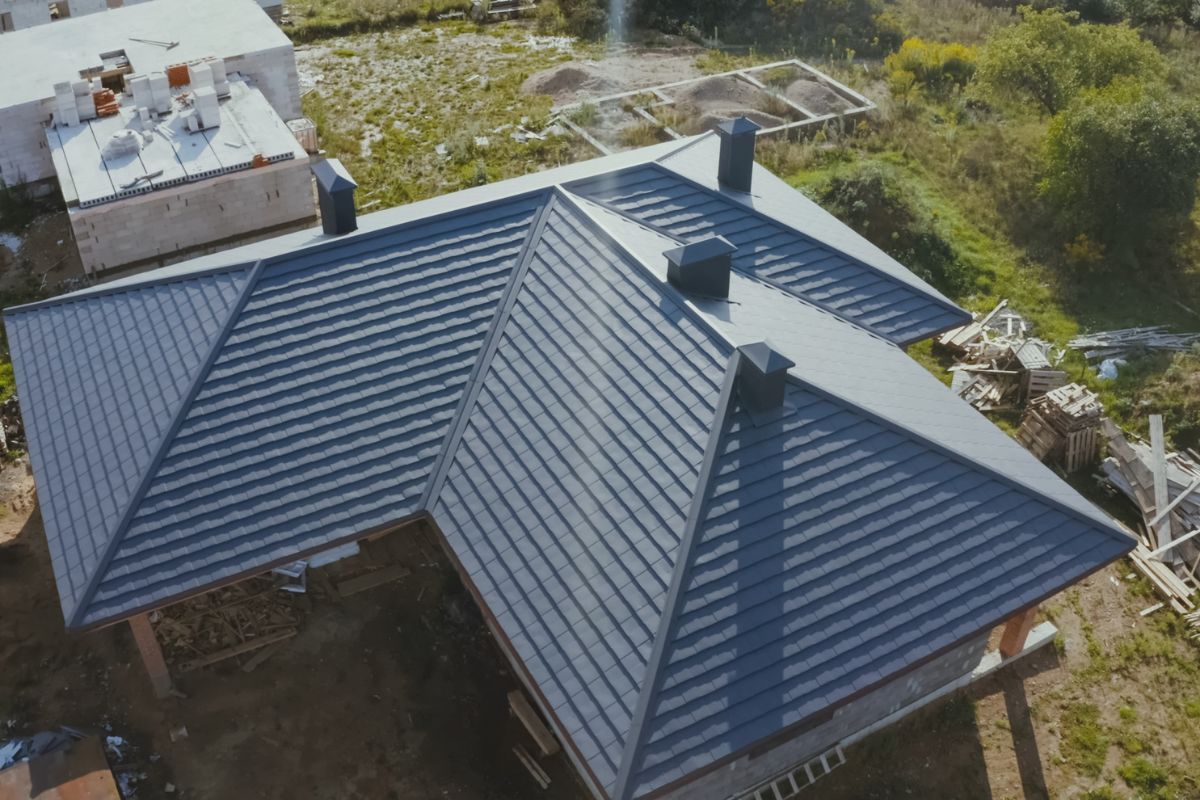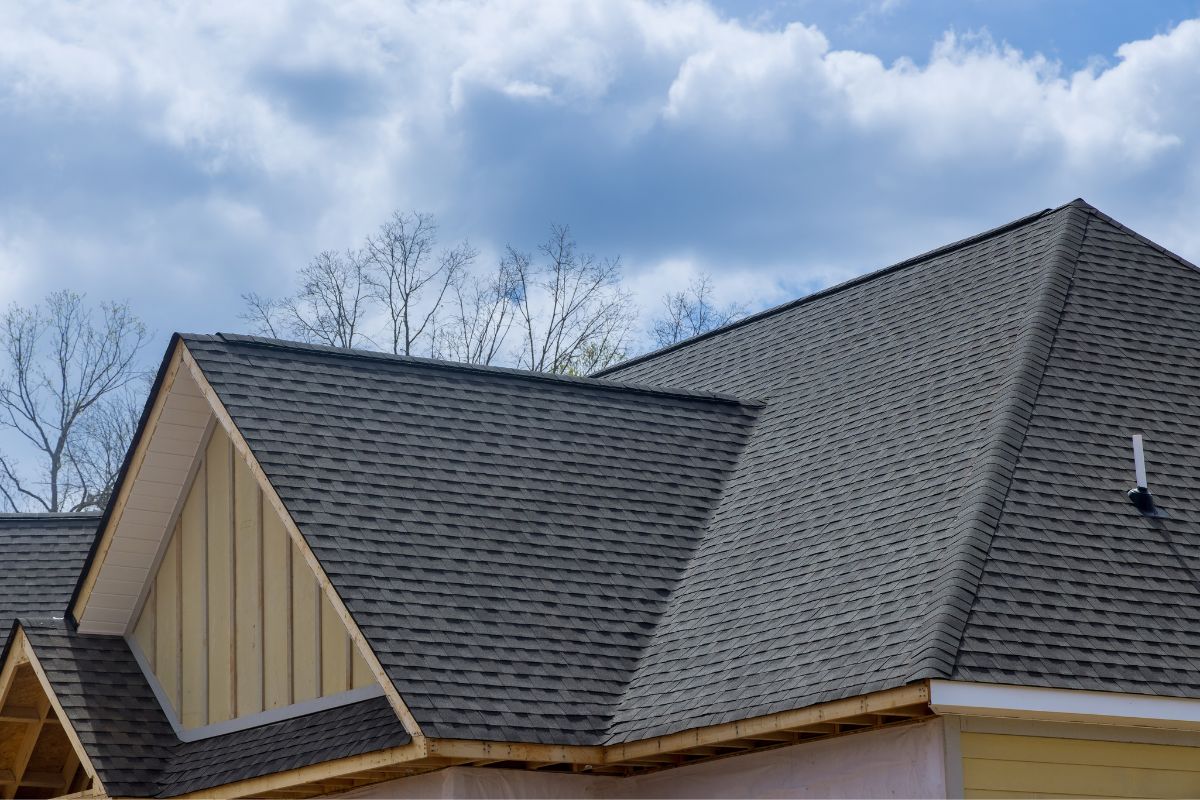How to Find the Best Hurricane-Proof Roofing for Your Home

Individuals in Florida are all too aware of the potential harm that hurricanes can cause. Floridians know how to be ready for the worst, from stocking up supplies and preparing their home for the incoming storm.
Having said this, homeowners in Florida also secure their windows and ensure that the yard furnishings are stowed safely. Aside from this, it’s important to make long-term solutions to make sure the place withstands the hurricane.
Hurricane-proof roofing is one of the most crucial options you should look into. Take a look at some important factors to take into account while choosing the best roofing materials for hurricane protection.

What to Consider When Picking Hurricane-Proof Materials
Roof Pitch and Shape
Your roof’s ability to endure strong winds is significantly influenced by its pitch or slope. Hurricane-related lifting off is more likely to be prevented on roofs with a slope of 30 degrees. Additionally, certain building styles and roof types are better able to withstand hurricanes and strong winds.
An octagonal or hexagonal base layout is optimal, whereas a square-shaped structure is also secure. Multiple-panel roofs, including hip roofing with four angles, can significantly lessen wind loads and improve hurricane protection.
Addressing Vulnerable Areas
Every point of entry, such as windows, garage doors, vents, and doors, should be strengthened to resist a hurricane. To lessen uplift in these locations and lessen wind flow through them, shutters or other reinforcing elements might be introduced.
Another thing you should pay attention to is overhangs because they are susceptible to force winds, which can cause serious harm. Limit overhangs to fewer than 20 inches in order to reduce uplift.
Straps and Fasteners
The state of Florida has mandated the use of hurricane ties, so your best bet is to check whether your home has it.
You can retroactively install hurricane straps on your house to provide additional security. for about one thousand dollars, and this is something you should consider depending on the size of your property and your particular roofing requirements.
The majority of hurricane fasteners are constructed of galvanized and stainless steel, ensuring a stable connection between your roof and the house foundation or walls, you might be wondering.
3 Best Hurricane-Proof Roofing Materials
- Slate
Many homeowners like the environmentally responsible choice that slate tiles provide. Slate roofs are renowned for their all-natural beauty and durability despite being bulkier than certain other types of roofing.
Interestingly, slate roofing is a long-lasting and dependable option that may serve a century or more with regular maintenance.
- Metal
Metal roofs are among the finest and most reliable solutions accessible to hurricane-prone places like Florida. They are extremely wind-resistant and can sustain hurricane-force gusts.
While metal roofs are more expensive initially than cheaper shingles, they last much longer and have remarkable resilience, rendering them a wise investment.

- Asphalt Shingles
Because they are less expensive than other roofing materials, asphalt shingles are a common choice for homeowners. Although they may initially seem like a cost-effective solution, they typically only last up to 15 years in Florida due to the state’s extreme weather and frequent hurricanes.
However, some people choose to asphalt roofs and strengthen them because metal roofs can be much more expensive. Reinforced asphalt roofs do the job right and offer a more appealing appearance.
The Bottom Line
Investing in a high-quality hurricane-proof roof is the wisest and most prudent choice. The best part is, the value and saleability of your home shoot up when you select the appropriate roofing materials. Make sure your family and possessions are safe and secure under a hurricane-resistant roof system.
